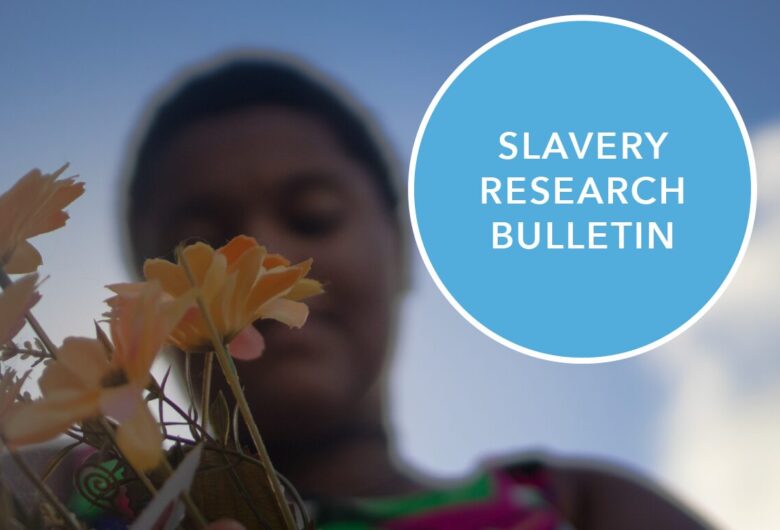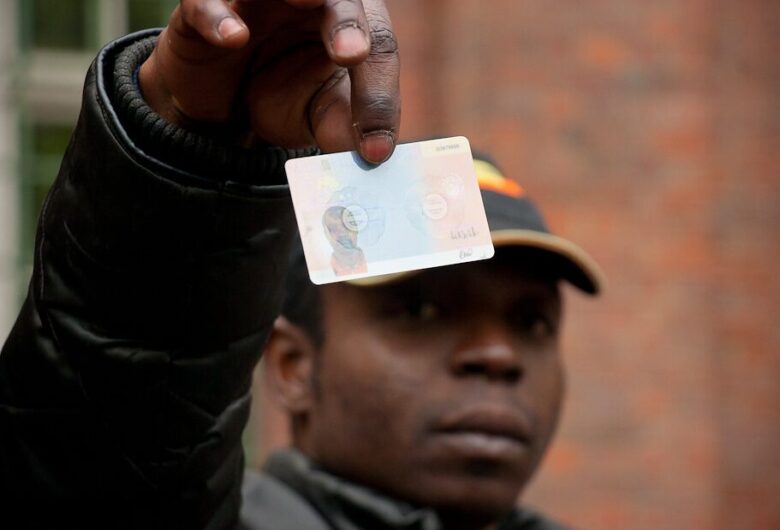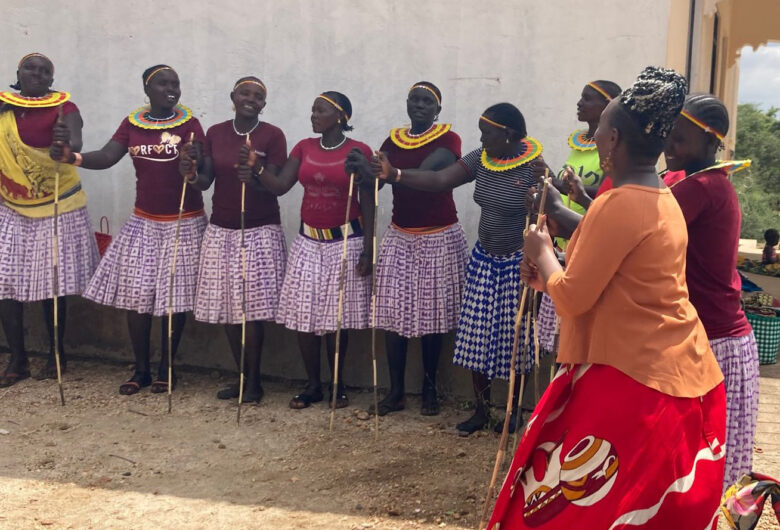Last week, I was in Addis Ababa, launching the latest Freedom Fund hotspot on the prevention of trafficking of women and girls to the Middle East for domestic work.
In Ethiopia, many thousands of women and girls are estimated to leave the country in search of a better future abroad, some of their own accord, some pushed by family and community pressure and others coerced by brokers and traffickers. Many come from the rural region of Amhara in the North of Addis Ababa; they might never have travelled outside of their village and have no idea of where Saudi Arabia or the UAE are. This is however where their journey is likely to take them, to work as domestic workers.
During our launch event, Tsega told us her story, a story of deception and servitude. Originally from Amhara, she took a loan from local lenders to work abroad only to end up working for a household 19 hours a day, for no pay for 9 months. Tsega became ill, weighing only 37kg. She managed to escape from her employer when in hospital, where they had no choice but to bring her to. She stayed three months in a charity hospital, another four in the Ethiopian Embassy before being repatriated and looked after by one of our implementing partners in Addis.
Not all journeys end up this way for Ethiopian women seeking work abroad but too many do. This is why the Freedom Fund is committed to supporting women and girls, through the work of our partners, by opening new economic alternatives and bringing better awareness of risky migration. We will be investing in efforts to reach out to potential migrants and their communities to discuss the opportunities but also the risks that they will face when migrating and impart the knowledge that they will need to navigate these risks and protect themselves against the possibility that they will be the next Tsega.
Together with seven local organisations, we are unrolling a prevention strategy in Addis Ketema, a sub-city of the capital city with high population density and the biggest bus station in the country. Through coordinated interventions our partners will reach out to women and girls who are already in domestic work, to sex workers, to returnees and to women and girls who have already left home and have little income, all of whom are at particular risk of being trafficked.
Local partners have devised a number of interventions involving community and school outreach on safe migration, life skills and vocational training, rehabilitation and alternative livelihoods.
The scale of our task is ambitious but we are putting ourselves in the best position to respond to it by implementing a targeted approach in 5 woredas (districts) of Addis Ketema before we start scaling up in Amhara, to reach out to women and girls before they even start their journey. With a committed and experienced team of local organisations, we have embarked on an exciting journey of empowerment and opportunities for women and girls in Ethiopia.



